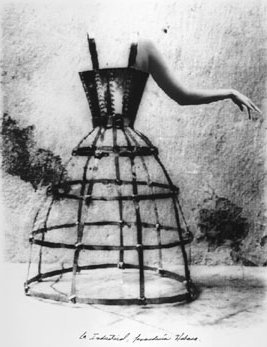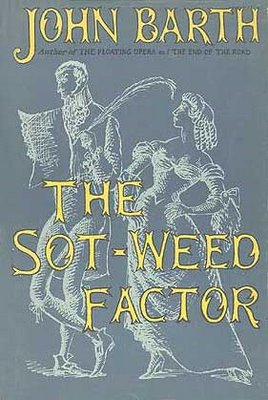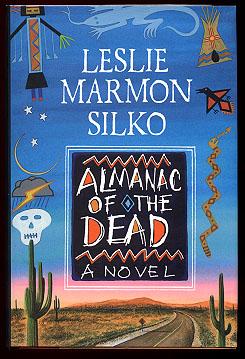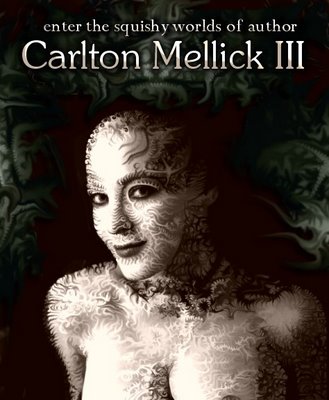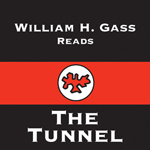Allez, pour finir l’année en beauté – j’espère – les trois volumes que je viens de jeter dans mon sac à dos (direction : une destination bienheureusement encore à des années-lumières de toute connexion)
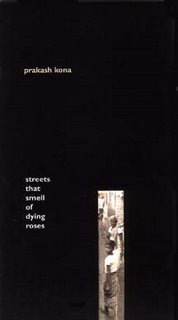
Prakash Kona : STREETS THAT SMELL OF DYING ROSES. Les cent premières pages (j’en suis là) volent bien au-delà du très surestimé Chandrah ou du poussif Rushdie. Kona a digéré Joyce, Faulkner et tout le post modernisme des sixties et seventies, a retrouvé la musique de Rumi pour nous servir un portrait époustouflant de beauté et de réalisme d’Hyderabad – la langue est exceptionnelle, la structure narrative remarquable. Il faudra un jour faire l’inventaire des pépites romanesques qu’à suscitée l’étude approfondie de Wittgenstein.
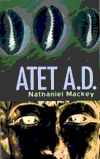
Nathaniel Mackey : ATET.A.D. Le dernier volume de l’époustouflante trilogie From a Broken Bottle Traces of Perfume Still Emanate. Après Bedouin Hornbook et Djbot Baghostus's Run, Mackey nous relate sous forme épistolaire la suite, apr ès la mort de Thélonius Monk, de l’odyssée de la Mystic Horn Society. Le Albert Ayler de la prosepoustouflante est de retour. Des rites tribaux africain à John Coltrane en passant par Toussaint l’Ouverture et Pharoah Sanders….la seule littérature vraiment free.
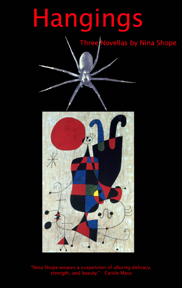
Nina Shope : HANGINGS. L’air vraiment chouette ca :
"Whether it is busy metastasizing cancer into mythology or invoking into existence a desire-fraught and maddened harpy of a city, Nina Shope's writing is smart and carefully layered - yet at the most unexpected moments it is the emotional equivalent of an open wound. An impressive debut."
- Brian Evenson, author of The Wavering Knife, Altmann's Tongue, and others
"The dazzling debut of an immensely talented and big-hearted writer. These hypnotically beautiful novellas are wildly intelligent, deeply felt, and full of reminders that 'experimental' writing just means: writing that is trying with all its heart to account for the many wonders of the world."
- George Saunders, author of Pastoralia and CivilWarLand in Bad Decline
« It becomes very clear from reading Nina Shope's work that no one publishing fiction today writes anything remotely like her. Hangings, In Urbem, and Hagiographies, the three novellas that comprise this collection, cover a wide variety of subjects, from breast cancer to incest, first loves to college roommates, from ancient Rome to modern day Alaska. Yet the singular triumph here is Shope's devastating prose. Like in Cormac McCarthy's seminal novel, Blood Meridian, she has absorbed the violence of disease, of creation, the treachery of friendship into her language. It is as if instead of using a keyboard or typewriter, she attacks the page with a drawerful of knives hoping to re-open existing wounds and create new ones on her readers. The act of reading will never be an extreme sport, but Hangings takes us close. In Urbem in particular, a sort of Calvino-esque construction/destruction myth, thematically binds the architecture of the body to that of a city in which, "pedestrians trip over pelvic bones and stumble over clavicles that litter the streets like cobblestones." Shope combines this innovative use of language with innovative structure and syntax. Her novellas have more in common with musical structure than they do with traditional novels or stories; her repetitions of phrase and scene act as refrains or choruses, gaining meaning and texture through their placement between the verses. Starcherone Books should be commended for publishing Hangings and for bringing this supremely gifted writer to our attention. »





